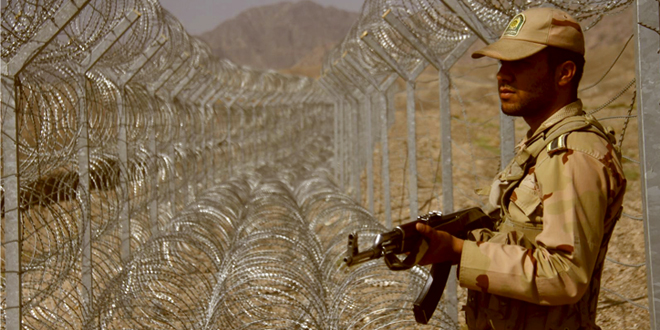
In tonight’s program of Behind the Headlines we will look at the latest economic news of Iran including the continuation of the truck drivers and teachers strike in the country, while the value of US dollar against national currency keeps rising.
Meanwhile the regime’s officials are trying to portray the situation in the country as being clam and that the economic plight of the Iranian people is supposedly much better than the pre-revolution time.
Our guests tonight to discuss these topics are Dr. Alireza Nourizadeh, Bijan Fathi of the Iranian teachers association outside Iran and the trade union leader Mansour Osanlou.
Dr. Alireza Nourizadeh:
If some one were 15 or 16 years old at the time of the revolution, they would perfectly know that what the regime officials are saying about the condition of life in Iran under the previous regime is unfounded.
And the new generation has seen the stability, progress and prosperity of the Iranians before the Islamic revolution in the many films and documentaries that exist today.
I think Khamenei and his advisors live in a different world and are so corrupt in their minds that their judgments are worthless.
Our universities under the Shah were among the best in the world but Khamenei claims that Iran was a backward country before the revolution.
All that his regime has done has been to increase the number of mosques and religious shrines to 80,000 and more than 40 percent of our university graduates are jobless.
Jamshid Chalangi:
One MP in the Majles has said that he has not heard the news of Iranian teachers being on general strike!
Bijan Fathi:
No one knows which city or constituency this so-called MP represents, as this is not the first time that Iranian teachers have gone on national strike.
They have been resorting to industrial actions for more then three decades but their protest actions have intensified over the last two to three years and have held picket lines outside the very Majles that this deputy sits.
The Islamic republic regime is bent on destroying our teachers and their associations and trade unions because they have managed to become more or less independent of the state.
Our teachers’ demands are quite clear and they want equal opportunity for all students, better salaries for themselves and provision of health insurance for their members.
They benefit from the overwhelming support of the parents of our students up and down the country.
Jamshid Chalangi:
Stay with us for this edition of Beyond the Headlines and share it with your family and friends.
 khalijefars News, Blogs, Art and Community
khalijefars News, Blogs, Art and Community








